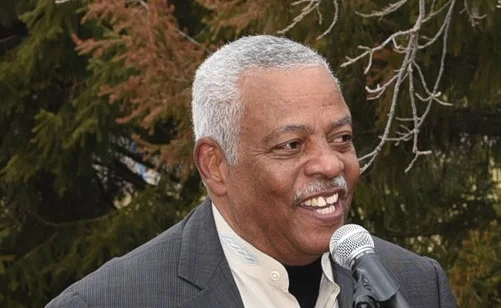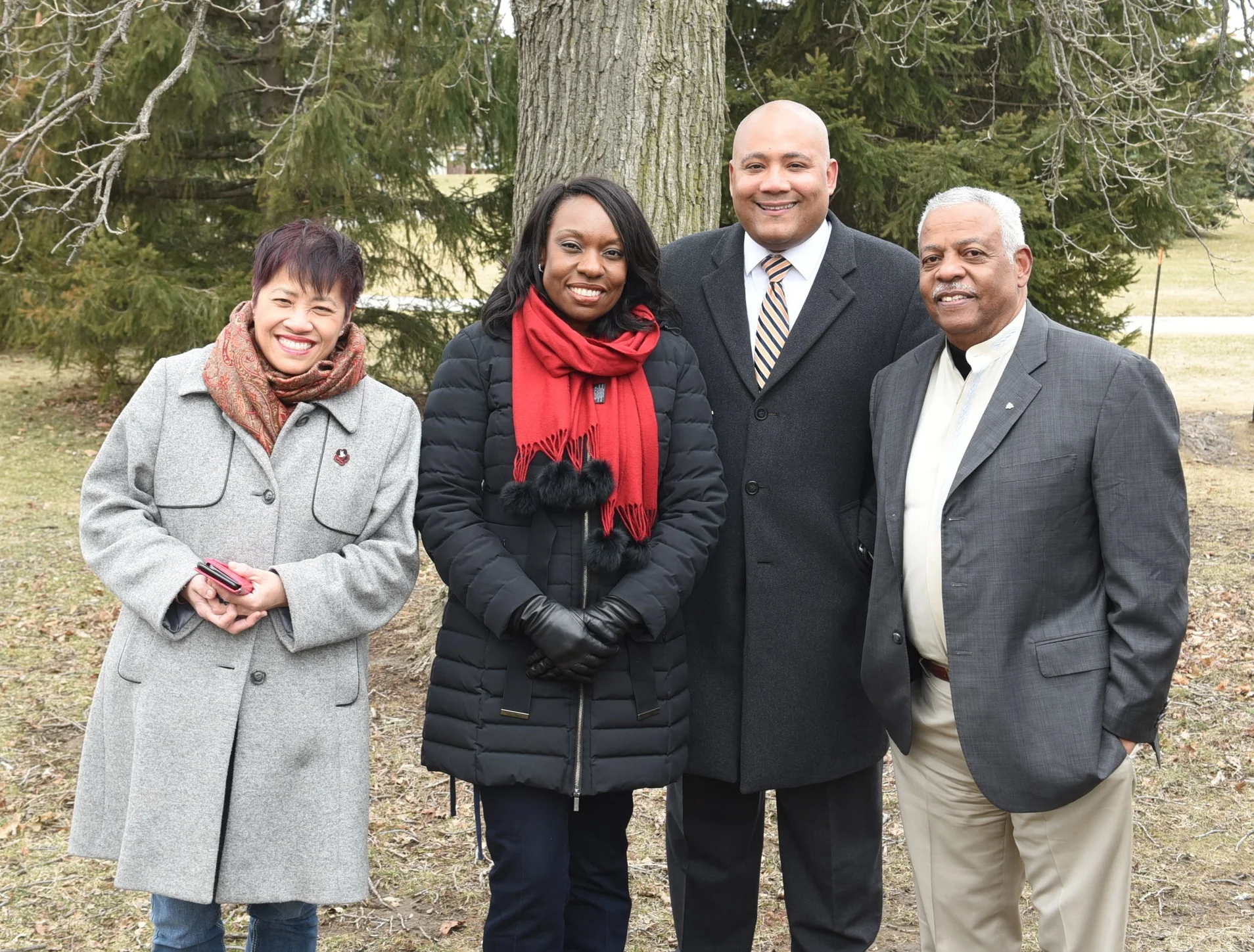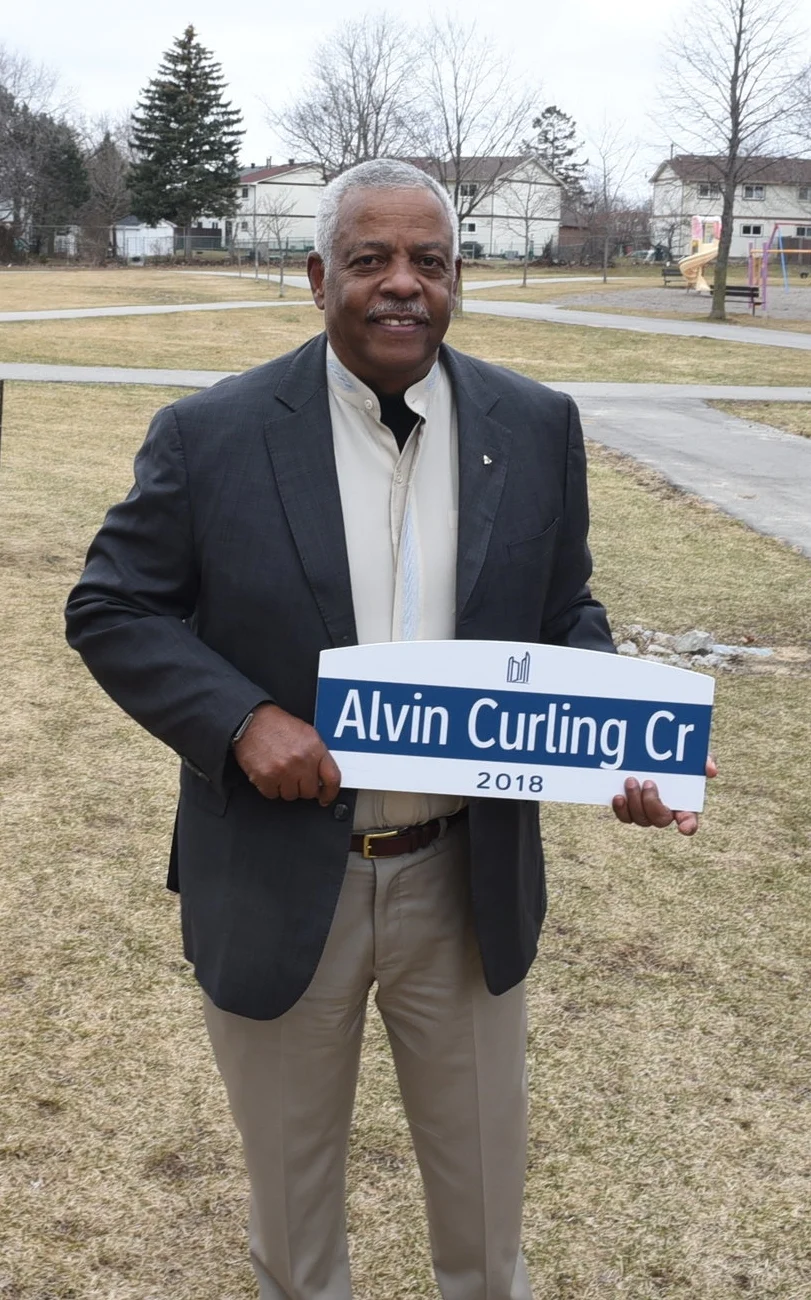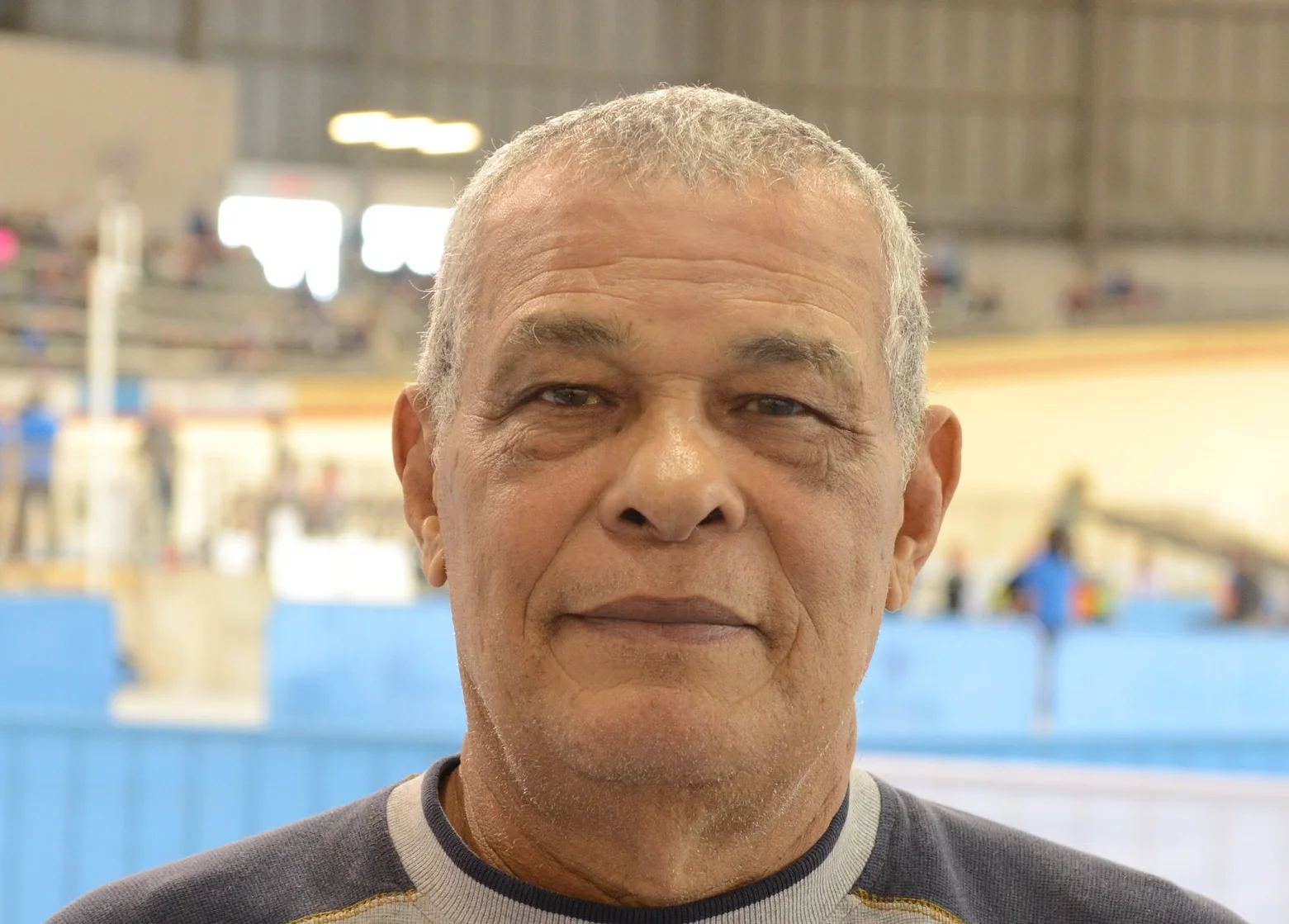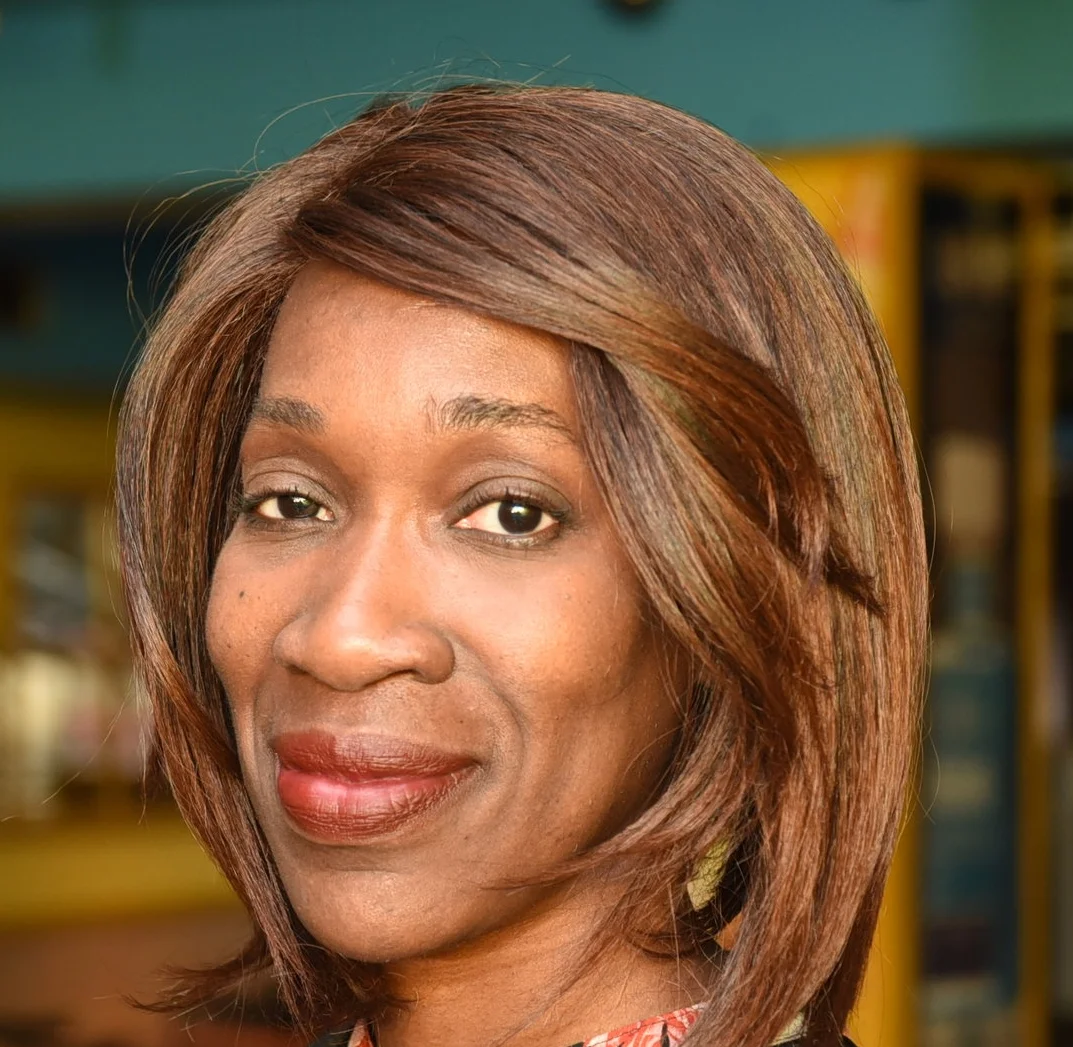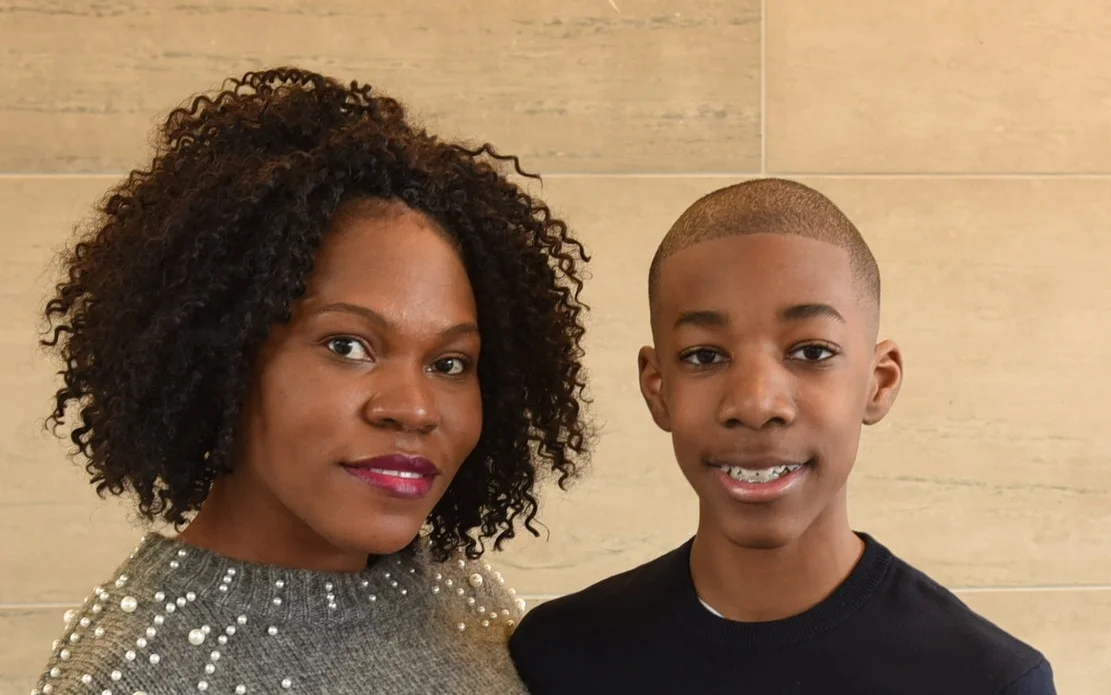Scarborough street named after Alvin Curling
April 12, 2018
For someone who was fired from his first job in Canada, Alvin Curling has done very well for himself in his adopted homeland.
With a Toronto public school bearing his name and the Order of Ontario designation, another significant honour was bestowed on the retired politician last Saturday when a Scarborough street bearing his name was unveiled.
Alvin Curling Crescent is in a mini-sub-division in the Goldhawk Trail and Alton Towers Circle neighbourhood.
“When the time came to name three streets in the new sub-division here, the staff recommended names that I weren’t familiar with,” said Scarborough-Rouge River councillor Chin Lee. “Alvin Curling came to mind and when I called and asked if he was interested, his reply was positive.
“Through many election campaigns, I can remember only three politicians who came to my door. Two of them were Catholic School Board trustee candidates who I knew and the other was Alvin. I lived not far rom here back then and I voted for him because of all the work that he has done in Scarborough. He’s a humanitarian and a community leader who has championed many causes.”
Mayor John Tory, councillor Norm Kelly, former Ontario Speaker David Warner, Liberal Member of Parliament Gary Anandasangaree and Members of Provincial Parliament Soo Wong, Michael Coteau and Mitzie Hunter attended the ceremony.
Liberal MPP's Soo Wong, Mitzie Hunter and Michael Coteau with Alvin Curling (r)
“As I was driving around, I thought this is a very fitting street to be called Alvin Curling Crescent,” Hunter said. “It seems stately, solid and welcoming.”
Hunter said Curling played a pivotal role in her development as a politician.
“When I was trying to make my way as a young person, I met him and he invited me to join an inter-ministerial government committee,” she added. “He said, ‘We need your voice at the table’. He invited me in and that is where I started to share my ideas and work on community initiatives.”
Weeks after arriving from Jamaica in 1967, Curling’s application for an accounting clerk position with White Motor Company was rejected. The same day he received the disappointing news, a White female employee at the firm called, advising him to apply for the messenger job.
She insisted he take it even though that wasn’t the job he wanted.
Curling did and moved into the accounting office where he received two promotions before he was fired.
“I was told that I wasn’t working as fast as they would have liked which, I know, wasn’t the reason they let me go,” he said. “Basically, there was someone in the office who didn’t want me there.”
After a few years with Go Transit as an issuer and in the insurance sector, Curling returned to school in 1970. He attended Seneca College and held the post of director of student services.
Entering politics in 1984, he lost the nomination for York-Scarborough in the federal elections by just five votes to late Toronto Mayor June Rowlands, the personal choice of then Liberal leader John Turner. She lost the election.
Despite being a political neophyte, Curling displayed extraordinary savvy and gained the trust of Scarborough’s provincial Liberals and those in other areas by publicly supporting the candidate who had defeated him in the federal riding nomination.
The support paid dividends with Curling securing a landslide win in May 1985 in what was then Canada’s largest riding. He received 31,842 votes, which was some 8,000 more than the Progressive Conservative party candidate, Carole Noble. The victory was significant in that it ended a 22-year Conservative reign in the riding.
As a member of the provincial Liberal government between 1985 and 1990, Curling served as Minister of Housing and Minister of Skills Development with special responsibility for literacy, Minister of Intergovernmental Affairs and parliamentary assistant to then Premier David Peterson.
In opposition, he was a strong advocate for his Scarborough-Rouge River constituents and an active voice in the Liberal caucus.
Alvin Curling with street sign bearing his name
The former House Speaker resigned from the Legislative Assembly in 2005 to accept a diplomatic posting as Canada’s ambassador to the Dominican Republic. He was recalled a year later.
In 1995, Curling engaged in a much-publicized 18-hour filibuster-like protest against the Mike Harris government’s Omnibus Bill 26, claiming a lack of public consultation. A group of fellow Liberals and New Democratic Party opposition members formed a cordon around him to prevent his removal after he was ordered expelled from the legislature for using what was judged to be “un-parliamentary language”.
The Bill, which sought to change 47 existing pieces of legislation at the same time that would have affected a wide variety of government departments and ministries, was eventually passed on January 30, 1996 following amendments that the government had not planned to make.
Since retiring from politics, Curling teamed up with former Ontario chief justice and attorney general Roy McMurtry to author a youth violence report and he was a strategic adviser on youth opportunities to the province’s Minister of Children & Youth Services.
Curling also used his extensive political knowledge to help Jamaican-born Mary Anne Chambers, Margarett Best and Hunter win provincial elections in Scarborough-Guildwood.
Even though he left Jamaica in his 20s, the 74-year-old Curling has maintained close contact with his birth country whose government recognized him with the Order of Distinction in the Commander Class in 2000. He also received an honorary doctorate from the University of Technology – his Jamaican alma mater – in November 2004.

